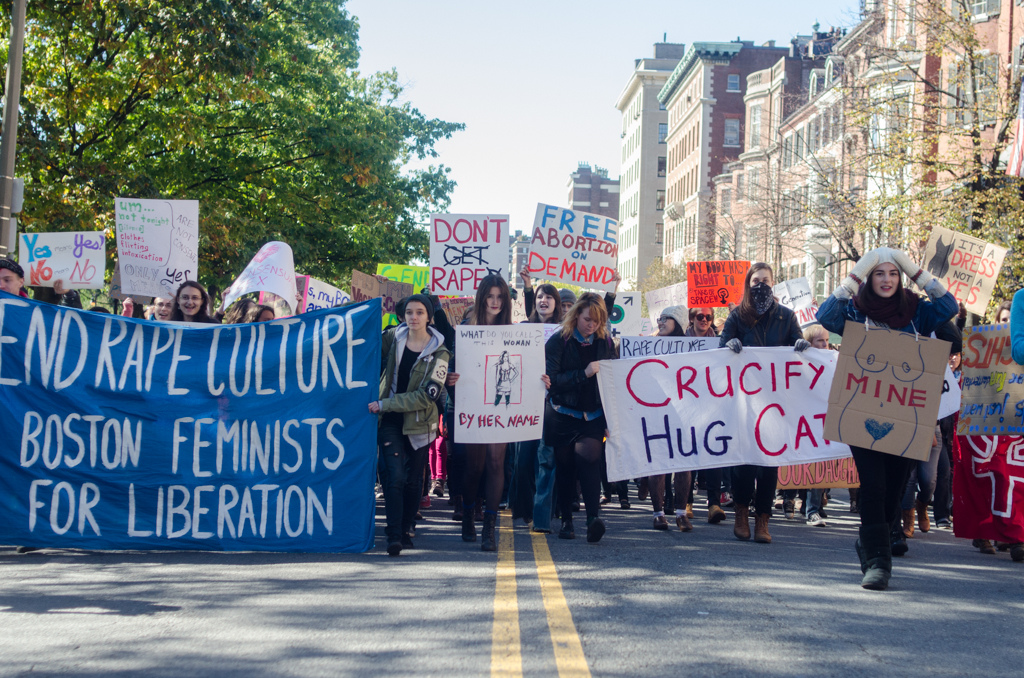Victim culture: New study finds a shocking number of teens troll themselves online
11/14/2017 / By Jayson Veley
While no one should deny the fact that online bullying has become a real problem in the age of the Internet and social media, it would also be unwise to assume that all cases of bullying are legitimate.
According to a researcher and bullying expert from Florida Atlantic University, many young people are now engaging in something called “self-trolling” or “self-cyberbullying,” whereby they will create anonymous accounts and send themselves insulting messages for others to see. A recent study out of FAU is the first to examine this new trend.
“The idea that someone would cyberbully themselves first gained public attention with the tragic suicide of 14-year-old Hannah Smith in 2013 after she anonymously sent herself hurtful messages on a social media platform just weeks before she took her own life,” explained Sameer Hinduja, Ph.D., author of the study, a professor in Florida Atlantic University’s School of Criminology and Criminal Justice in the College for Design and Social Inquiry, and co-director of the Cyberbullying Research Center. “We knew we had to study this empirically, and I was stunned to discover that about 1 in 20 middle and high-school-age students have bullied themselves online. This finding was totally unexpected, even though I’ve been studying cyberbullying for almost 15 years.”
The study examined 5,593 middle and high school students between the ages of 12 and 17 in order to determine how many young people in the United States have participated in self-cyberbullying. Results indicated that almost six percent of teenagers have anonymously posted something degrading or insulting about themselves, and among these young people, 51.3 percent admitted to doing it only one time, 35.5 percent admitted to doing it a few times, and 13.2 percent said they have bullied themselves online many times.
Additionally, the study found that boys were more likely to participate in self-cyberbullying (seven percent) than girls (five percent), even though their reasons for doing so varied dramatically. Boys generally admitted to posting anonymous comments about themselves as a joke or as a way of getting attention online, whereas girls typically engaged in this behavior because of depression or emotional pain.
Professor Hinduja explained that because of the fact that prior research has shown a connection between self-harm and depression and an increased risk for suicide, “we need to closely look at the possibility that digital self-harm behaviors might precede suicide attempts.” Hinduja added that we need to accept the fact that “in certain cases the aggressor and target may be one and the same.”
The reason why the issue of cyberbullying and self-trolling is so complicated is that there are many different reasons why it happens, many different types of aggressors, and many different ways in which we as a society should respond. Obviously, teen suicide is something that should be taken very seriously, and steps should be taken to not only prevent the suicides themselves, but also the feelings of depression and emotional pain that precedes it. However, something also must be done to deal with young people who feel it is okay to go online, make a fake social media account, and direct anonymous and insulting messages at themselves in order to get attention. This is not only unhealthy behavior, but it also takes attention away from those young people online who really are being bullied and really do need help.
Perhaps future research on this issue will put more of a focus on self-victimization, which itself is a growing problem among young people today. If nothing else, it would be interesting to see how many young people online truly are being bullied, versus how many have just become addicted to making themselves seem like victims. (Related: Here are five lies that self-made victims tell themselves.)
Source include:
Tagged Under: bullying, Crybullies, cyberbullying, digital self harm, insanity, internet, mental health, millennials, Mind, negative attention, research, risky behavior, self-trolling, self-victimization, social acceptance, Social media, spotlight, suicide risk, teen trolls, Unexplained, Victim Culture




















